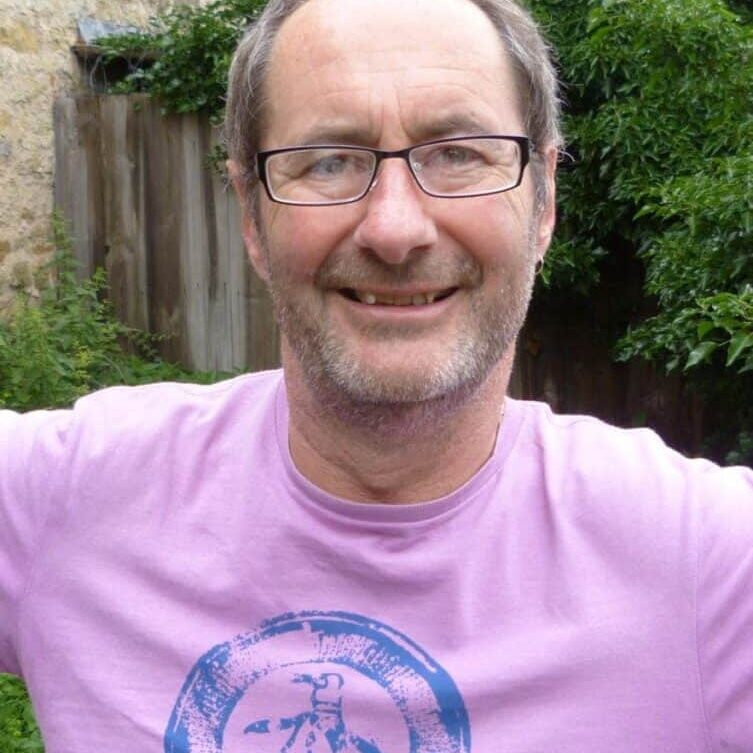Bio
Professor David Moore, PhD, has indeed achieved his personal ambition to contribute to the knowledge on how hearing changes across the life span, and he has done so with scientific flair, insight, and creativity that very few researchers possess. Dr. Moore has had a truly distinguished career as an auditory neuroscientist.
Dr. Moore is one of the leading international scientists in auditory behavioural neuroscience in both animals and humans. His research interests focus on the auditory brain and include auditory spatial hearing, brain plasticity, auditory development and learning, and, more recently, large-scale studies using the UK Biobank of over half a million people. His 35-year globetrotting journey has brought him to Cincinnati Children’s Hospital Medical Center, where he is currently director of the Communication Sciences Research Center and professor of otolaryngology, and has taken him to some of the most esteemed academic institutions. Dr. Moore has been visiting scientist at the University of California, Irvine, the University of Washington, Seattle, New York City University, and Northwestern University, Chicago.
In the UK, Dr. Moore held leadership positions at the prestigious Oxford University and the world-leading Medical Research Council Institute of Hearing Research (IHR) in Nottingham, where he was director from 2002 to 2012. It was at IHR that Dr. Moore’s interests in translational research and his desire to develop interventions that lead to better hearing in children and adults came to the fore. Many will know Dr. Moore for his pioneering work on auditory development, specifically auditory processing disorder (APD) in children. Always prepared to challenge orthodox views, particularly when there are real gains to be made in pushing the boundaries of knowledge and understanding, Dr. Moore has transformed the long-standing thinking on the nature of APD. This is evidenced by the white paper discussion on evolving concepts of developmental APD that he led through the British Society of Audiology’s APD Special Interest Group.
Unlike many academics, Dr. Moore’s research ambitions are more than his prolific output (over 150 publications and research income exceeding tens of millions of pounds); he is also driven to ensure that his research has an impact in the real world. While in Nottingham, Dr. Moore cofounded the National Institute for Health Research Nottingham Hearing Biomedical Research Unit (NHBRU) in 2008. This facilitated the pull-through of excellent basic science carried out at IHR into NHBRU to provide the essential pipeline from basic to translational research and set the scene for research to provide patient benefit. A recent example is the codevelopment of the ECLIPS questionnaire for APD that will shortly be available in the United States. Prior to that, Dr. Moore’s entrepreneurial skills saw him found MindWeavers PLC, creators of auditory learning experiences. In 2010, he was awarded the George Davey Howells Prize of the Royal Society of Medicine for editing the three-volume Oxford Handbook of Auditory Science.
Throughout this long and distinguished career, some of Dr. Moore’s most gratifying times have come from seeing many of his students and postdocs make significant contributions across science, medicine, and audiology. That this mentorship should give him so much satisfaction and pleasure highlights the kind of person Dr. Moore is—not just a great scientist but a really great guy.
